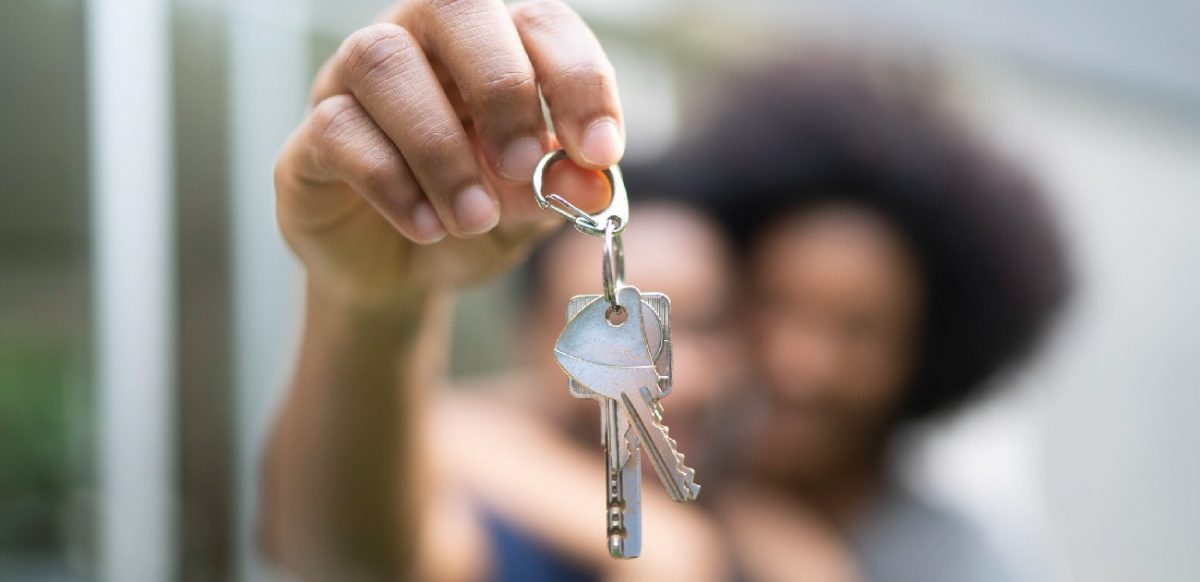The COVID-19 pandemic may have exacerbated racial income and wealth inequality in the U.S., a new study from LendingTree says.
Black Americans comprise 15% of the population across the nation’s 50 largest metros. But they own only 10% of owner-occupied homes, researchers say. In certain metros, the mismatch is more pronounced, researchers found.
“Unfortunately, the issue of low homeownership rates among Black Americans is unlikely to be resolved anytime soon,” says Jacob Channel, LendingTree’s senior economic analyst and the report’s author. “This is especially true given that the COVID-19 pandemic has had a disproportionately large economic impact on Black Americans, and may make it even more difficult for some who identify as Black to buy a home. Even if they own a home, many Black Americans still face housing-related challenges. For example, 32% of Black homeowners reported that they felt their home was undervalued by an appraiser in a recent LendingTree survey.”
LendingTree ranked metros based on their homeownership rates of Black Americans. Researchers found that Black Americans make up a larger share of the population in metros with the largest differences in the percentage of Black owner-occupied homes.
They found that Memphis, Tenn., has the largest difference between the share of homes owned by Black residents and the share of the population that is Black. On the other hand, San Jose, Calif., had the smallest difference.
View the breakdown of the metros tracked in the chart below.


